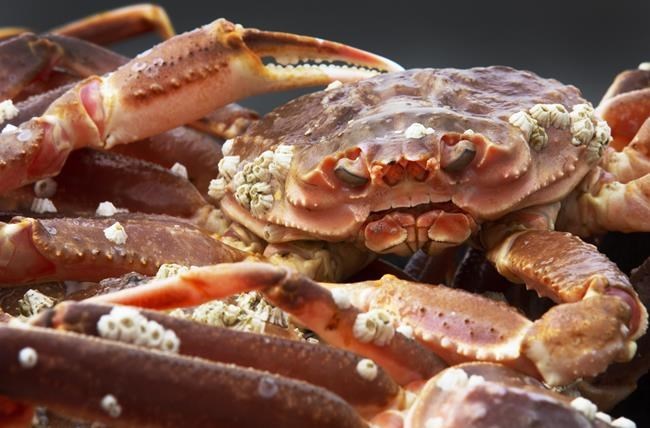ST. JOHN'S, N.L. — Biologists, cognitive scientists and philosophers across the globe say there is a reasonable possibility the vast majority of creatures on Earth are sentient in some way.
The New York Declaration on Animal Consciousness was released Friday with 39 signatories from universities from Canada to Australia who say there is "at least a realistic possibility" that all vertebrates and many invertebrates have consciousness.
The declaration rests on recent studies that show garter snakes can recognize their own scent, crows can report what they see, octopi can avoid pain and fruit flies can sleep — and they sleep best when they're with other fruit flies.
Kristin Andrews, a philosophy professor at York University, says scientific evidence supports the assumption that it "feels like something" for a fish to be caught with a hook, but it's not yet clear if that something is pain or distress.
She says the evidence shows it is reasonable to treat these creatures accordingly, by adopting harvesting methods that kill fish quickly or by abandoning the practice of boiling lobsters alive.
Andrews was one of three main organizers of the declaration and says a better understanding of sentience in crayfish or crabs helps scholars understand consciousness in more complex animals like humans.
This report by The Canadian Press was first published April 22, 2024.
The Canadian Press




